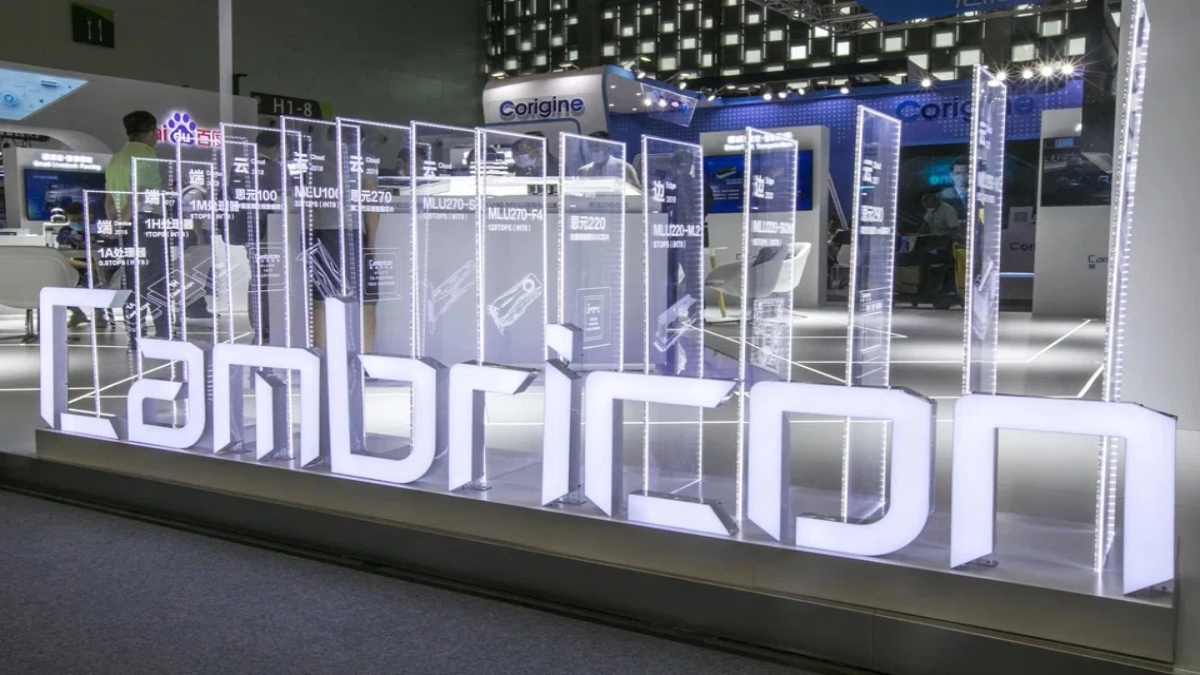The tech war between the United States and China has helped Chinese tech entrepreneur Chen Tianshi become one of the world’s richest self-made billionaires. Tianshi has witnessed a massive jump in his wealth after the US decided to cut off China’s access to cutting-edge chips and Beijing’s determination to foster homegrown technology.
The regulations in China protected the market for the computer prodigy’s company, Cambricon, propelling him to become one of the world’s richest entrepreneurs. According to the Bloomberg Billionaires Index, shares of the chip designer Cambricon Technologies have surged more than 765 per cent over the past 24 months.
With this, Tianshi’s wealth, which is for the majority derived from his 28 per cent stake in the Beijing-based producer of AI accelerators, has more than doubled, reaching $US 22.5 billion since the start of the year. Chen’s meteoric rise reflects how China’s robust support for its domestic AI industry is leading to the birth of a new class of state-aligned tech elites.
This boost is surprising since it is coming just a few years after the country imposed a crackdown on its private-sector titans. As Washington’s export bans choke China’s export market, it has led to the emergence of a class that now benefits from political favours rather than the free market.
Questions over how long it will last
Experts’ opinions on Tianshi’s rise vary when it comes to determining how much the significant support from government protectionism has contributed to Cambricon’s surge and how long it will last. “Cambricon’s explosive revenue growth is mainly due to a low starting point, and its current valuation may be inflated without sustained policy support,” Shen Meng, director at Beijing-based investment bank Chanson & Co, told Bloomberg.
According to the Bloomberg Billionaires Index, Chen is the third-richest person in the world under the age of 40. He is right behind Lukas Walton and Mark Mateschitz, heirs to the Walmart and Red Bull fortunes, respectively. It is pertinent to note that Cambricon shares – and by extension Chen’s net worth – took off in August when China urged local companies to avoid using market leader Nvidia’s H20 processors, especially for government-related purposes.
The blanket by the authorities attracted investors to its shares. However, the Shanghai Stock Exchange warned that Cambricon is under US sanctions, stressing the difficulties of ascending the technology ladder. “It’s too early to say if Cambricon or Huawei, the leading AI chip designer in China, will become China’s Nvidia, as Nvidia’s full stack, including the CUDA ecosystem, is extraordinarily hard to replicate quickly,” Sunny Cheung, a researcher at Washington-based think tank Jamestown Foundation, told Bloomberg.
Quick Reads
View AllDespite questions about Cambricon’s valuation, Chen’s path to success has become a case study of how China’s state support can give rise to a new kind of billionaire.
With inputs from agencies.
)